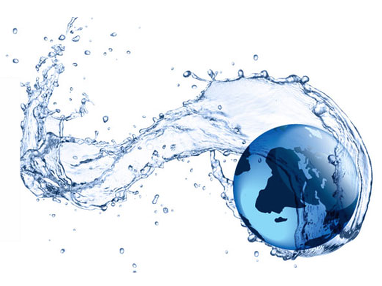Multilateral environmental agreements (MEAs) are a significant tool for addressing global environmental challenges. They are essential frameworks for promoting international cooperation, providing a basis for common understanding and commitment towards achieving global environmental objectives.
MEAs are legally binding instruments that are negotiated and adopted by countries, international organizations, and other stakeholders. The agreements provide a framework for the implementation of policies and regulations that address environmental issues. MEAs cover a wide range of environmental challenges, including climate change, biodiversity, pollution, and protection of endangered species.
The Convention on Biological Diversity (CBD) is an example of an MEA that aims to conserve biodiversity, promote sustainable use of biological resources, and ensure equitable sharing of benefits. The United Nations Framework Convention on Climate Change (UNFCCC) is another example of an MEA aimed at addressing global climate change and its impacts.
MEAs are crucial to achieving sustainable development and addressing environmental challenges. They are essential tools that facilitate international cooperation, build consensus, and create partnerships. MEAs promote the harmonization of environmental policies and regulations, which support the attainment of global environmental objectives.
MEAs are challenging to negotiate and implement, but they provide an effective way to address environmental challenges. They require countries to work together and cooperate with one another, which contributes to the development of innovative and sustainable solutions. MEAs provide a platform for exchanging information and learning from one another, which helps to build capacity and increase the effectiveness of environmental management.
In conclusion, multilateral environmental agreements are crucial instruments for addressing global environmental challenges. They provide a framework for international cooperation, build consensus, and create partnerships. MEAs support the harmonization of environmental policies and regulations and contribute to the development of innovative and sustainable solutions. Countries must work together to negotiate and implement MEAs to achieve sustainable development and address environmental challenges.


